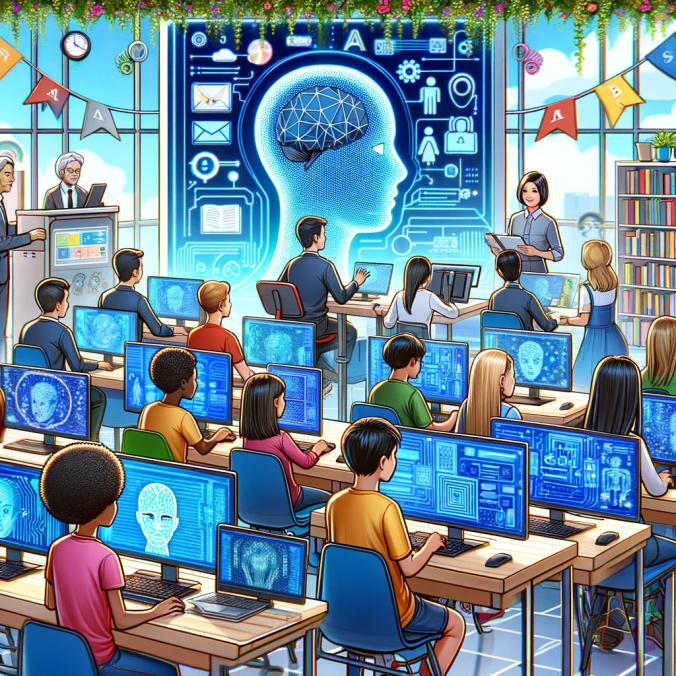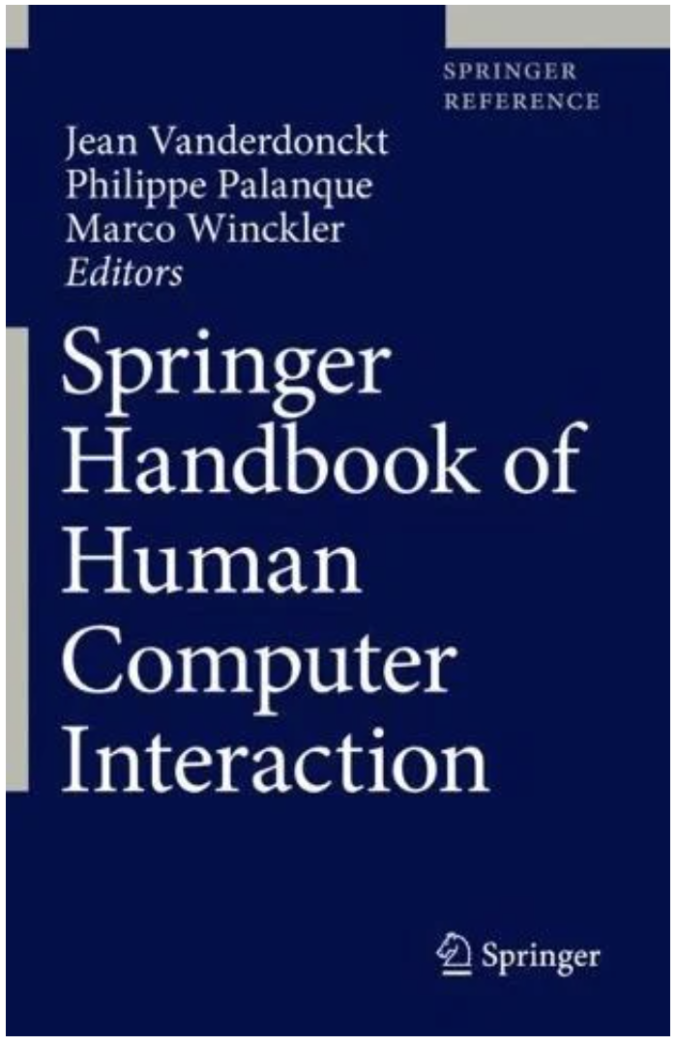In the ever-evolving world of information technology, understanding and incorporating user needs has never been more crucial. This is the crux of a study titled “Experiences of Extensive User Involvement through Vision Seminars in a Large IT Project,” authored by Åsa Cajander, Marta Larusdottir, Thomas Lind, and Magdalena Stadin. Their research delves into the impactful role of Vision Seminars (VS) in steering large IT projects towards success.
Information about the paper:
Cajander, Å., Larusdottir, M., Lind, T., & Stadin, M. (2023). Experiences of Extensive User Involvement through Vision Seminars in a Large IT Project. Interacting with Computers, iwad046.
Found here.
A New Approach to IT Development
The digital landscape is complex and demands methods that consider the full spectrum of the user’s work environment. The study by Cajander and her colleagues focuses on the Vision Seminar process, a method designed to address future technology use in intricate digital work settings. Read more here. This approach is not just about technology; it’s about understanding how people interact with these systems in their daily work lives.
Revelatory Findings
The research revealed several key insights:
- User-Centric Success: Participants in the Vision Seminars reported a newfound holistic understanding of their work. This broader perspective led to the discovery of more effective methods of support.
- Feasibility of Future Visions: The study highlighted the participants’ belief in the practicality and desirability of envisioned future IT systems.
- Integration Challenges: A notable revelation was the difficulty of embedding user-centric methods in fast-paced software development environments.
Methodology
The study’s mixed-methods approach, utilizing surveys and interviews, offered a rich, multi-dimensional understanding of the impact of Vision Seminars. This comprehensive method ensures robust findings and reflects diverse experiences and opinions.
Practical Applications for the Real World
What does this mean for the IT industry? The findings underscore the importance of involving users in developing IT systems. This involvement enhances user satisfaction and can also guide the direction of IT projects more effectively.
Addressing the Challenges
Despite the positive outcomes, the Vision Seminar process has challenges. The time and resources required for such extensive user involvement can pose significant difficulties in smaller or more technology-centric projects.
Concluding Thoughts
This study is crucial to our understanding of user involvement in IT development. It reinforces the notion that the future of IT systems must be shaped by those who use them, ensuring that technology serves people, not the other way around.
Acknowledgements
This research was made possible through the support of AFA.










